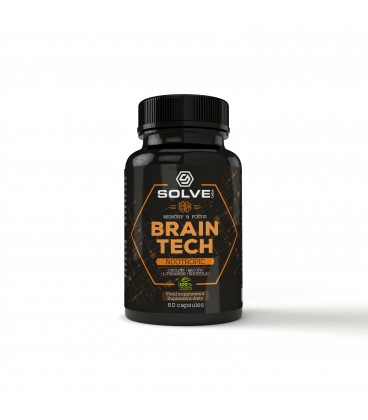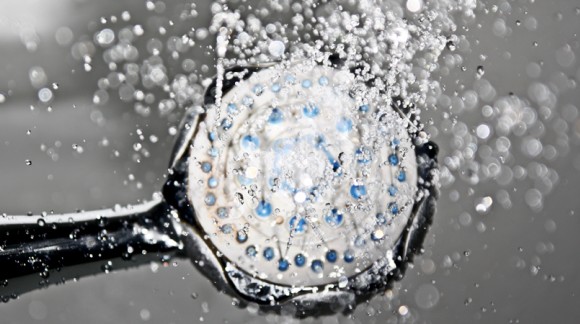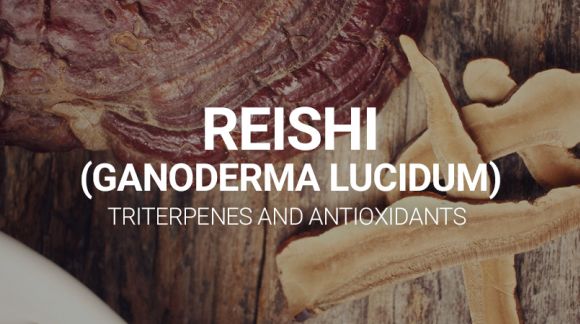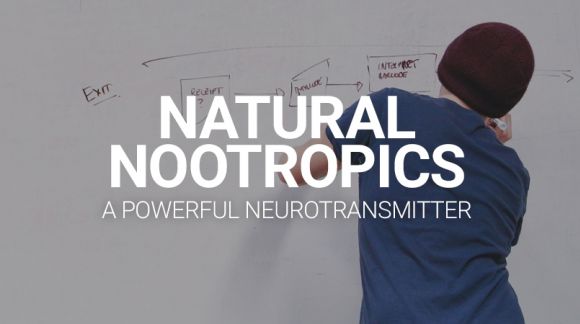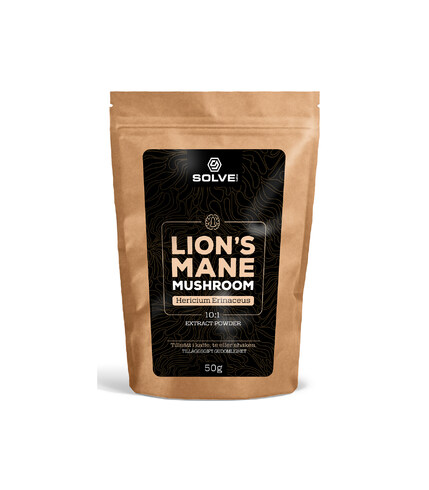RHODIOLA ROSEA - REMEDY FOR STRESS

Rhodiola rosea, also known as "rose root " or "golden root", is a plant that likes high mountain climate, growing mainly in Siberia and south-central Asia - Tibet, China and Mongolia. Its many pharmacological properties were initially known and used in traditional Asian treatment systems. It was credited with influencing longevity, stimulating the nervous system, increasing work efficiency, as well as anti-depressant, protective, antiviral, anti-inflammatory and antibacterial properties.
For hundreds of years, this plant has been credited with healing and protective powers. In the mountain villages of Siberia, there is a tradition to this day, according to which newlyweds are given a golden root for the concern of the health of their future heir.
In Western culture, the first mention of Rhodiola's beneficial effect was found in the Swedish pharmacological encyclopedia from 1775. Rhodiola Rosea came to scientific research in 1961. thanks to the Soviet botanist G.V. Krylov. Krylov sent an expedition to the Siberian Taiga to obtain golden root extract. After the years of the Cold War, the results of studies were published, indicating the unusual properties of Rhodiola rosea - increasing resistance to stress, toxins and cold.
Today, after years of research, the incredibly comprehensive effect of Rhodiola rosea on the human body is beyond doubt, and its effectiveness in supporting both the body and mind has been scientifically proven. In pharmacology, it is used as a natural component of antidepressants, as it has a stabilizing effect and alleviates the side effects of psychiatric pharmacological therapy.
To fully define the beneficial effects of this plant on mental and physical health, we can categorize 7 main effects of its take:
- Antioxidant effect
- Adaptogenic and anti-stress effect
- Protective effect- including the protection of heart cells
- Stimulating the nervous system, including support for mental cognitive and executive functions such as attention, memory and learning
- Antidepressant and anxiolytic effect
- Action stimulating the production of hormones
- Anti-aging effect, including anti-wrinkle effect
These are the conclusions of the research that has been carried out so far. However, it seems that these conclusions do not exhaust the possible uses of this amazing plant. Research is still ongoing, discovering the healing power of Rhodiola rosea. This year, the first clinical trial testing the effects of Rhodiola rosea on burnout syndrome was conducted (Kasper & Dienel, 2017). The subjects who used Rhodiola Rosea extract for twelve weeks showed a significant improvement, increased resistance to stress from the first week. Research is also underway on the use of Rhodiola rosea as a potential natural selective estrogen receptor modulator (Gerbarg and Brown, 2016) that could help women during menopause. We can expect that while the research is ongoing, news about the next medicinal uses of Rhodiola rosea will reach us. It is a plant that has been used in natural medicine for thousands of years, so it's no wonder that all its beneficial properties cannot be discovered for decades.
Rhodiola and other substances supporting cognitive processes and resistance to stress can be found in our BrainTech blend.
